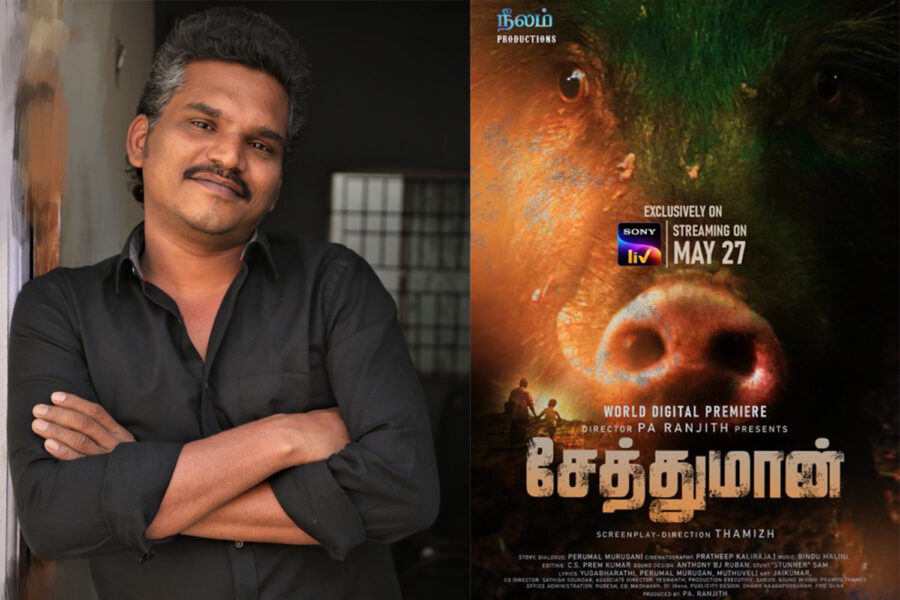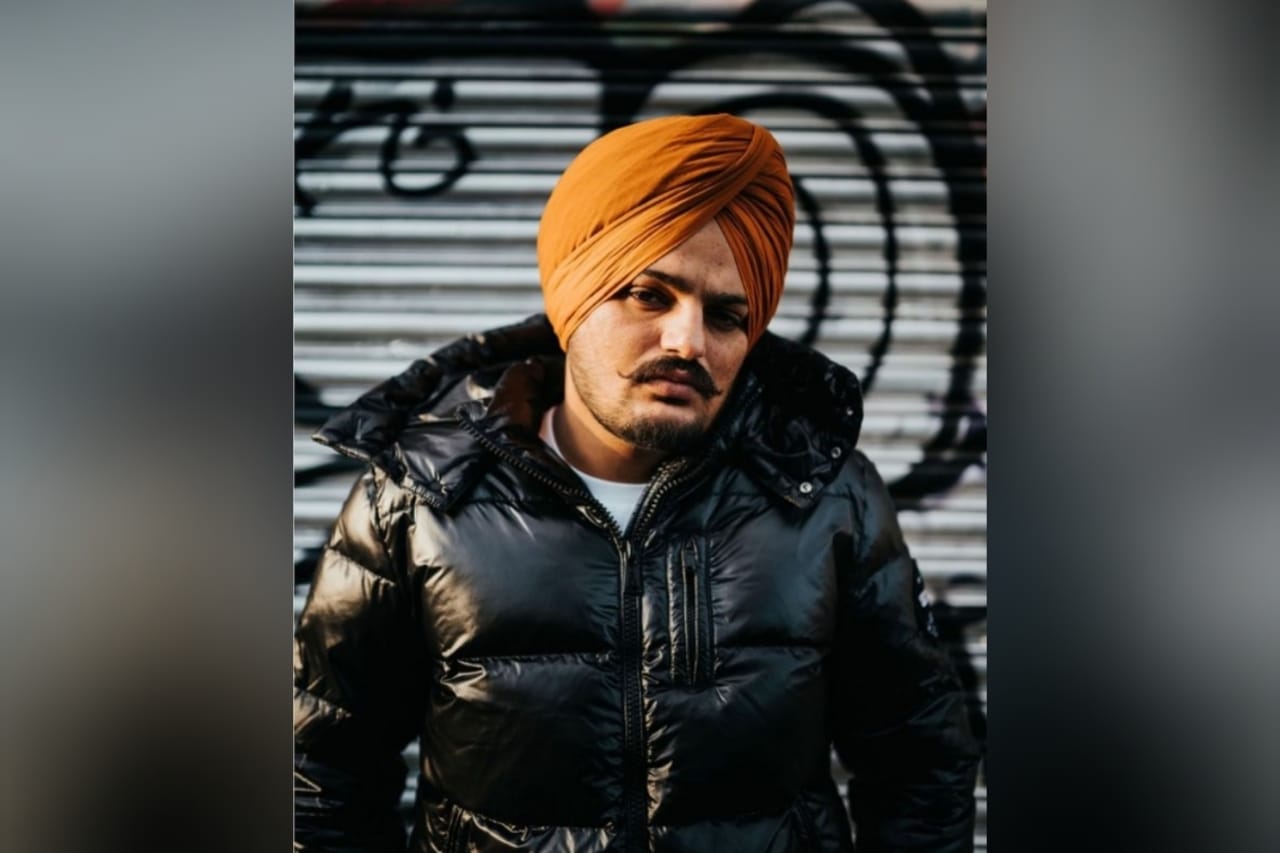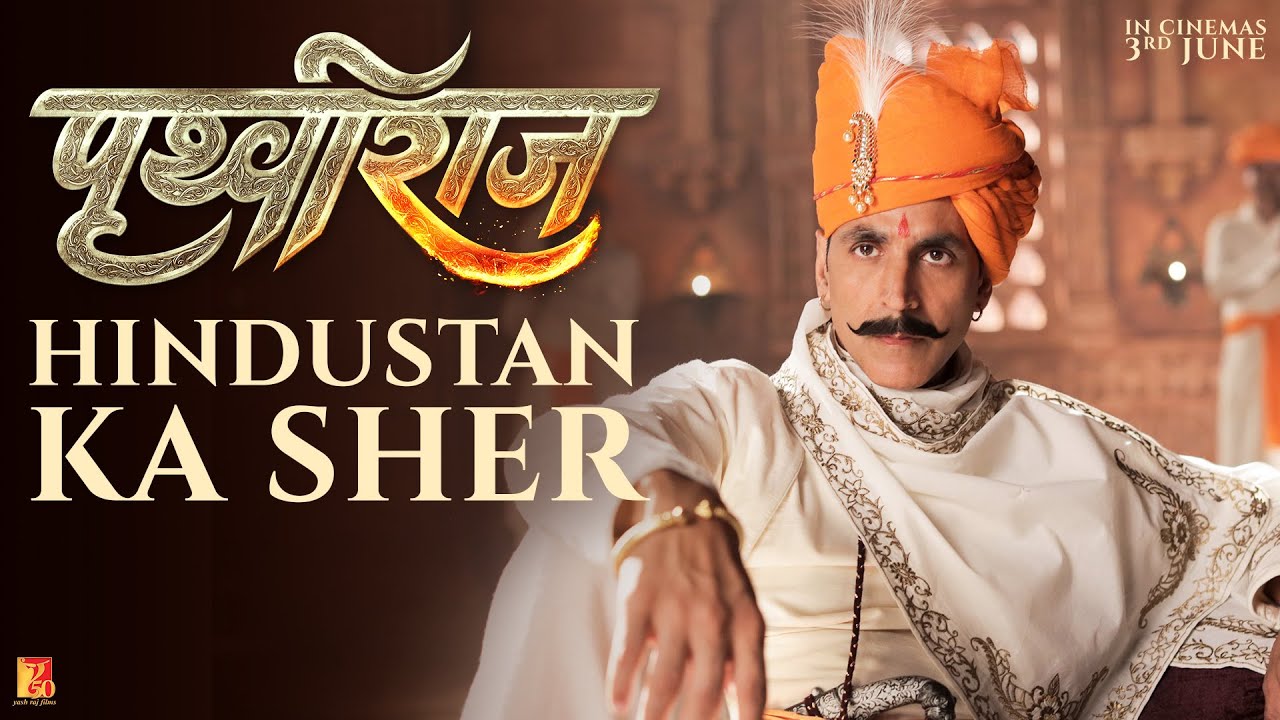After a successful run at the film festival circuit, the Tamil film Seththumaan, backed by filmmaker Pa Ranjith, is set to premiere on SonyLIV on May 27. The film, which marks the directorial debut of Thamizh, focuses on food politics, one of the derivatives of the caste system.
Seththumaan follows the life of Poochi, who lives with his grandson in a small hut on his landlord, Vellaiyan’s land. While Kumaresan’s parents were killed in a caste riot and it is Poochi who is taking care of him, he has big dreams for his grandson and does all kinds of work to save money and get him into a private school. One day, Vellaiyan, who is always on the lookout to consume pork, entrusts Poochi with getting the meat and cook it, much to the chagrin of Vellaiyan’s wife as pork is frowned upon to consume. The film looks into deep-rooted biases within the caste system and their subsequent impact on the education system as well as the notion of food politics.
Ahead of the film’s OTT release, Thamizh, who has previously assisted Venkat Prabhu, met with Silverscreen India at his office in Chennai, to talk about what prompted him to make the film.
Thamizh notes that Seththumaan was based on Perumal Murugan’s short story Varugari (Pork Roast). The debutant director, who became an avid reader when he chose to pursue filmmaking, enrolled himself in libraries, in order to expand his horizons, with respect to reading. After he came to Chennai to become a director, Thamizh says, “I regularly started to visit the Chennai Book Fair, but I couldn’t afford to buy books, everytime I go there. But Kalachuvadu Publications keep their old editions in the front racks, to be given for free. Those books were both fictional as well as touched upon in-depth political issues. At one of those instances, I came across this short story, and it left an impact on me. Later, when I began to assist Venkat Prabhu, I also started working on individual projects. But the journey became unpredictable and was a struggle, and I chose to quit cinema and did nothing for 5-6 months.”
The filmmaker, whose eyes glisten with pride at the mention of his hometown Erode, the birthplace of social reformer Periyar, says that he had thoughts of going back, there. It was then that Thamizh was overcome with determination to create something in the field of cinema, before leaving it. As the filmmaker revisited Varugari again, he mentions that it left him with the same impact as that of when he read it for the first time. Elaborating on the impact, Thamizh says he wondered about what would happen to the boy, after his grandfather’s demise, which prompted him to make it into a film.
“The final image of the grandfather lying by the canal, as the boy is left alone by his side, had such a great emotional impact on me. I decided to make a film on this and was confident to convert the story into a visual narrative with limited investment. I contacted Perumal Murugan sir and he had confidence in me,” he says.
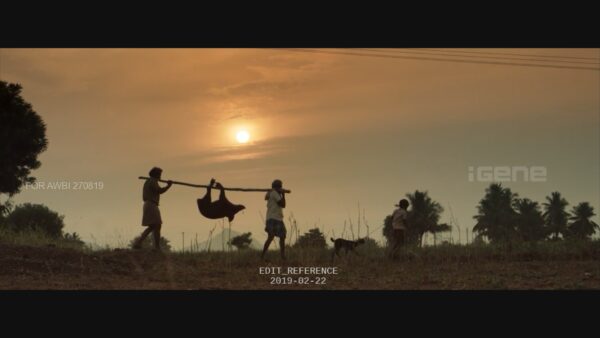
However, despite taking the story and dialogues from Perumal Murugan, while adapting it into a film, Thamizh was determined to write the screenplay, himself. After adding a few extra portions to the film, the filmmaker made it a point to also include a parallel narrative to the plot. This looks into Poochi’s struggle of getting Kumaresan admission to a private school, after the government school he goes to is looking to shut down, due to a lesser number of students.
“I developed the relationship between the grandfather and boy and the portions revolving education, as I wanted the film to touch upon various subjects. I haven’t studied about the writings of Ambedkar or Periyar, but I wanted to incorporate the system of education that they have advocated for, in the film. I was keen about discussing the politics of food and Poochi’s desire to ensure his grandson has the best education, and have them run parallelly, in the story,” he says.
Thamizh further notes, “You can see about a 100 private school buses running between 8-9 am. In Tamil Nadu, Namakkal district has the highest scores in board exams. I was insistent on keeping this district as a backdrop, to show the contrast of educational prominence in the film, that government schools end up shutting down due to a lack of resources. Parents move their children to private schools, as they end up believing in the illusion that government schools are not on par with private schools. As these schools close down as they lack the minimum turnout, the students face the wrath of having no access to education, or move farther away to gain access to schools.” Viewing the film as a commentary on the privatisation of education resulting in a loss of accessbility to many, the director stresses on certain shots from the film that reflect on government schools closing down, and the intentional emphasis on private education.
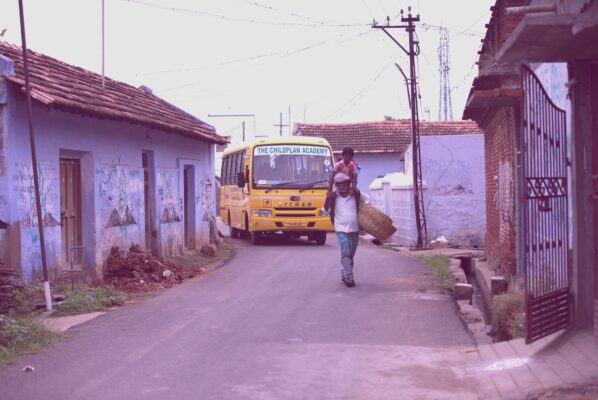
Throughout the film, there is no direct reference to gore or violence inflicted upon the oppressed castes. Instead, it shows the conflict that Poochi has with men from dominant castes, which subsequently has a domino effect on him. The characters are seen to be passive-aggressive, while showing their disdain towards people from lower castes.
Talking about adopting this narrative, Thamizh says, “I believed in it. Generally speaking, and in all of the politically-charged films that have released, so far, people often think of the extremes. But, there are still some people, who still don’t budge from the pedestal of the caste system. I did not want to romanticise Poochi’s pain. He works hard and he gets the money he deserves. It is a part of the screenplay. For example, there is a scene, where Poochi gets into the car of an upper-caste man. Although they ‘allow’ him to sit inside the car, he gets the last seat, suggestive of the power dynamics within caste. There was no need to romanticise any of these notions.”
Aside from this, Seththumaan, however, largely talks about the politics of food. With the desire of upper-caste men to consume pork that is otherwise frowned upon by their community, Thamizh says that there is hypocrisy observed, when it comes to the type of meat consumed, here and abroad. “While, here, we classify people according to what they eat, the same people look up to those who do the same in foreign countries. Barring other countries, the neighboring state of Kerala has a lot of consumers for beef. It is a dominant practice to consume meat, in general,” he says.
Further, Thamizh points out at a recent case, where the Tirupattur collector was issued a notice for excluding beef and pork biryani stalls at the Ambur Biryani Tiruvizha 2022. “Food politics will exist and as long it does, power imbalances will also be present. We have to do what we can about it. I want to address the issue. It is frowned upon for say, the consumption of pig faeces, but that does not mean one can look down on it. So, one can choose to eat pork or not, but why look down upon someone who eats?” he questions.
Recommended
Seththumaan won the Best Feature Film award at IFFLA 2021 (International Film Festival of Los Angles) and the Second Best Film award at CIFF 2022 (Chennai International Film Festival). Aside from this, the film was recently screened at the Vaanam Art Festival in view of the Dalit History Month of April. It was also screened at IFFK 2021 (International film festival of Kerala), PIFF (Pune International Film Festival), Indian Film Festival of Melbourne and the Indian Film Festival of Cincinatti, among others.
Talking about his fondness for Kerala further, Thamizh says, “I had sent the films to a few other festivals but it didn’t get selected possibly due to the food politics highlighted. I also refused to make edits or censor the film. But I hold IFFK in high regard. Even though I have not attended it, I have heard good things about it, and how films are celebrated there. I had faith that my film would be selected and eventually it did. It was honouring and well received. I like to specially mention the people of Kerala who recognized what the film spoke.”
However, the filmmaker is strong about his stance of not watching Seththumaan, again. “A good work of art will find its own place among people. I had second thoughts about talking about this film, even now. I do not wish to talk about it further, to promote it. I think my duty as a filmmaker is over, and it is up to the people to watch the film,” he says.
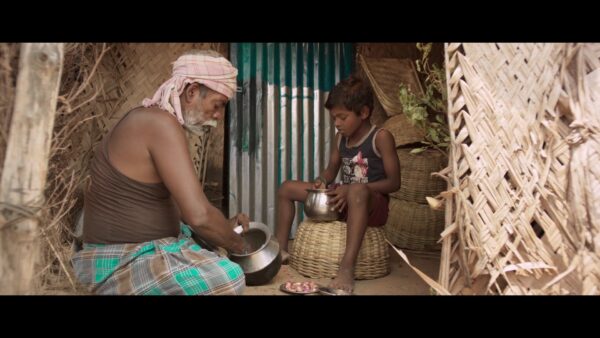
Reminiscing that Seththumaan was shot exactly four years ago, back in May 2018, for about 18 days in Namakkal, Thamizh speaks about his association with Ranjith. “While I had an idea to invest in the film as well as shoot it, I could not afford the budget. At the time, Ranjith was involved with Pariyerum Perumal and I did not know him, personally. Still, I approached him, and asked if he could finance the team for us to rent cameras. After pitching the film to him, he found it interesting. Once I submitted a draft of the screenplay, he decided to back it under his banner. There were certain additions made, for instance, to interweave President Ram Nath Kovind coming to office, with the narrative,” he says.
Theatre artist Manickam plays the role of Poochi, and Thamizh says that it was a conscious decision to not rope in a star for the lead character. “It would not have done justice to the story and would divert attention from the Poochi’s character. Ranjith sir also gave me the freedom to decide on how I want to direct the film,” mentions the filmmaker.
When asked if the lens of filmmaking has changed in recent times, Thamizh says that he would like to largely believe that the present times are important, where actions will speak more than words. He notes, “There is definitely a change, but why talk about it rather than show it through our work. Let the film do the talking and that will give an alternate perspective to people. There might be opposition, but that is the part and parcel of making such films. However, there are many films coming in despite the opposition, and such films should be celebrated.”
